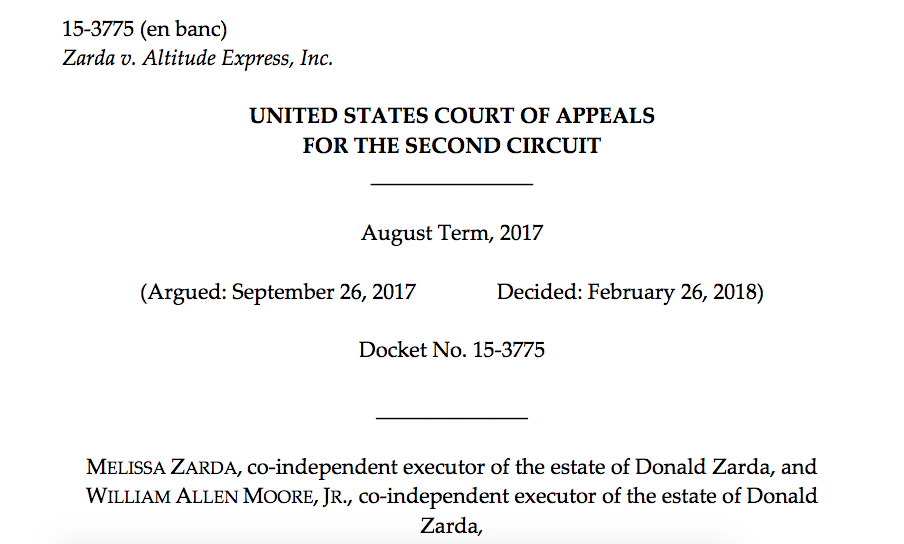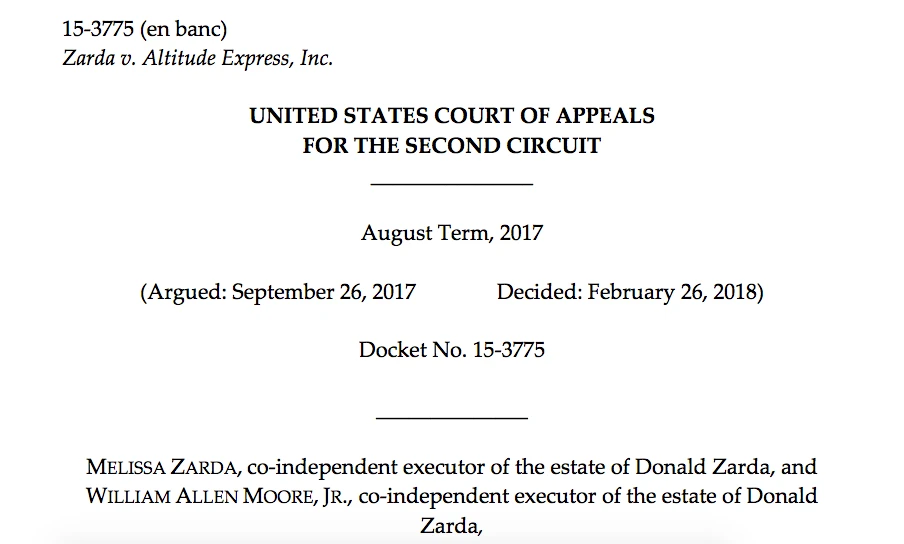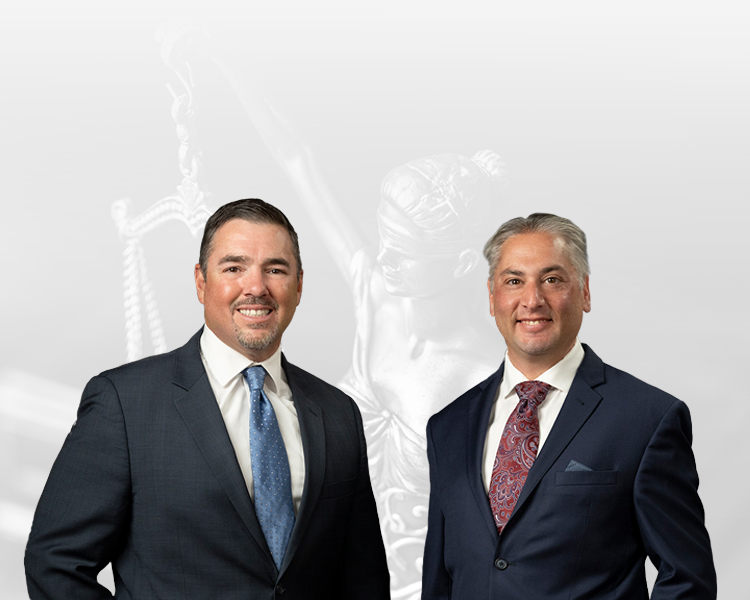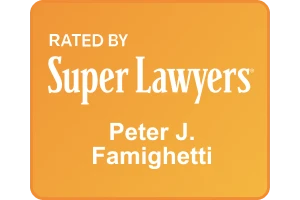- Free Consultation: (631) 352-0050 Tap Here to Call Us
Sexual Orientation Discrimination in New York


Title VII of the 1964 Civil Rights Act prohibits workplace discrimination. Title VII, however, prohibits only the types of discrimination identified in the statute, including race discrimination, sex discrimination, religious discrimination, and national origin discrimination. For nearly two decades, the prevailing view from the country’s federal courts, including New York’s federal appellate court (the Second Circuit), was that Title VII does not prohibit workplace discrimination based on an employee’s sexual orientation. On February 26, 2018, the Second Circuit became the second federal circuit court to reverse its prior precedent and hold that Title VII does indeed prohibit sexual orientation discrimination. Today’s Long Island employment law blog discusses the Zarda v. Altitude Express, Inc. decision.
The Background of Zarda and Sexual Orientation Discrimination Law in New York
Zarda stems from an employer’s termination of a sky-diving instructor from Long Island in 2010, soon after the employee disclosed his sexual orientation. The District Court and then the Second Circuit initially ruled against the sky-diving instructor, holding that the Courts’ prior decisions interpreting Title VII required ruling that Title VII’s prohibitions do not include sexual orientation discrimination.
Since these earlier Title VII decisions, however, the sexual orientation legal landscape continued to change while Mr. Zarda (and then his estate) appealed the various court decisions which ruled against him. Ultimately, the Zarda case was heard “en banc,” meaning that all eligible judges of the Second Circuit heard and participated in deciding the case. This was necessary because the court was asked to consider whether to overturn its prior precedent. For a discussion about precedent and how the federal courts work, read our Federal Judge Primer Blog.
Under Title VII, sex discrimination in the workplace is expressly prohibited, but sexual orientation discrimination is not explicitly addressed in the statute’s text which led to the uncertainty about whether Title VII includes a prohibition against sexual orientation discrimination. In 2015, the Equal Employment Opportunity Commission (“EEOC”), the federal agency responsible for interpreting and enforcing Title VII, decided that sexual orientation discrimination is protected on the basis of sex under Title VII. Further, in 2017, the Seventh Circuit in another significant decision, also ruled in favor of lesbian, gay, bi-sexual, and transgender (“ LGBT”) workers.
Writing for the majority of the Second Circuit judges, Chief Judge Katzmann followed the lead of the EEOC and the Seventh Circuit and determined that Title VII prohibits discrimination based on sexual orientation. To make this decision, Judge Katzmann relied on three different arguments: a statutory construction argument, a sex stereotype theory, and an associational theory. Each theory is discussed below.
Sexual Orientation is a Subset of Sex
Judge Katzmann’s starting point was looking at Title VII’s text which asks whether “an employee’s sex is necessarily a motivating factor in discrimination based on sexual orientation.” The Court concluded that the natural reading of Title VII suggests that “sexual orientation discrimination is motivated, at least in part, by sex and is thus a subset of sex discrimination.” To further support this conclusion, Judge Katzmann looked at the nature of sexual orientation discrimination. Additionally, the Court applied the “comparative test” which asks whether “the trait that is the basis for discrimination is a function of sex by asking whether an employee’s treatment would have been different ‘but for that person’s sex.’” After a lengthy discussion of how the comparative test works and how it applies to sexual orientation discrimination, the Court held that the comparative test also supports the conclusion that Title VII’s use of the word “sex” includes sexual orientation.
Gender Stereotyping
In 1978, the United States Supreme Court determined that Title VII prohibits employers from discriminating against employees based on “stereotyped impressions about the characteristics of males or females,” which has come to be called gender stereotype discrimination. The Court reviewed the history of this law and noted the difficultly lower courts have had applying that rule to cases that come before them which assert sexual orientation and gender stereotype claims. The Court concluded that an employer makes decisions based on gender when it acts against a male employee who is attracted to men, but does not take similar action against a female employee who is attracted to men. Accordingly, the Court held that sexual orientation is part of gender stereotyping discrimination which is prohibited by Title VII.
Discrimination Based on Association
In 2008, the Second Circuit reviewed a case in which an employer fired a white man because he was married to a black woman. The Court held that the termination violated Title VII because the employer took action against an employee because of that employee’s association with someone of another race. An associational race discrimination theory was born and then adopted by appellate courts in other jurisdictions. Applying this theory in the context of sex, Judge Katzmann concluded that employers make employment decisions based an employee’s sex when the employer, for instance, “fires a gay man based on the belief that men should not be attracted to other men.” Accordingly, the Court determined that an associational discrimination theory of discrimination supports the conclusion that Title VII applies to sexual orientation claims.
In sum, after a lengthy discussion about statutory interpretation, and various theories of employment discrimination law, the Second Circuit reversed long standing precedent in the jurisdiction and held that Title VII prohibits sexual orientation discrimination. Several judges wrote concurring opinions, noting for various reasons, that they were joining in only part of the majority’s decision. Also, as discussed below, several judges dissented.
Some Judges Dissented
Not all of the 13 judges who heard the Zarda case agreed that Title VII prohibits sexual orientation discrimination. Three judges disagreed. Judge Lynch wrote the main dissent and began by noting that “as a citizen” he would be happy to hear that Congress passed a law prohibiting sexual orientation discrimination in employment, but that as Title VII is currently written, he does not believe the law prohibits sexual orientation discrimination. The dissent recites a lengthy history of the anti-discrimination statutes and Constitutional amendments relating to discrimination. Judge Lynch noted that based on this history, he did not believe Congress intended to include sexual orientation discrimination as conduct prohibited by Title VII. Judge Lynch also argued that his interpretation of Title VII was compelled by the rules of statutory interpretation and the plain reading of Title VII. The dissent further argues against the stereotyping and association arguments relied on by the majority.
Sexual Orientation Discrimination in New York
While the legal landscape is shifting in favor of protecting LGBT employees, the United States Supreme Court has not yet addressed this important employment law issue.
Although the federal law that prohibits employment discrimination does not explicitly mention protecting employees on the basis of sexual orientation, at least until the Supreme Court decides to rule on the issue, workers in New York who suffer an adverse employment action based on sexual orientation will be protected not only under current state employment discrimination laws but also, under federal law.
Famighetti & Weinick PLLC are employment lawyers in New York. If you have questions about sexual orientation discrimination or other employment discrimination matters, call one of our Long Island employment lawyers at 631-352-0050. We are also available on the internet at https://www.linycemploymentlaw.com or on Facebook.
Hofstra Law student and employment lawyer intern Thalia Olaya contributed to today’s Long Island employment law blog about the Zarda case.













